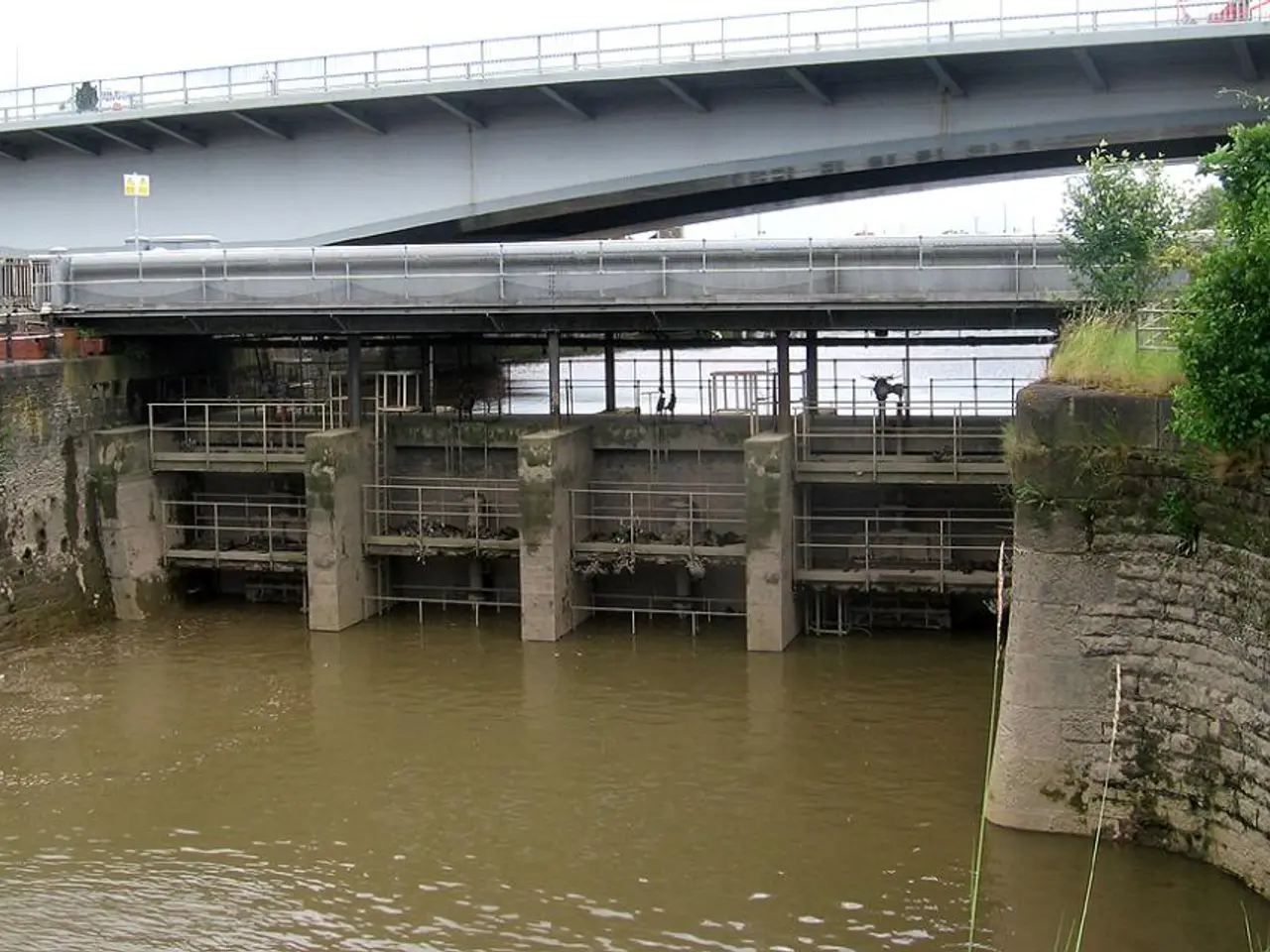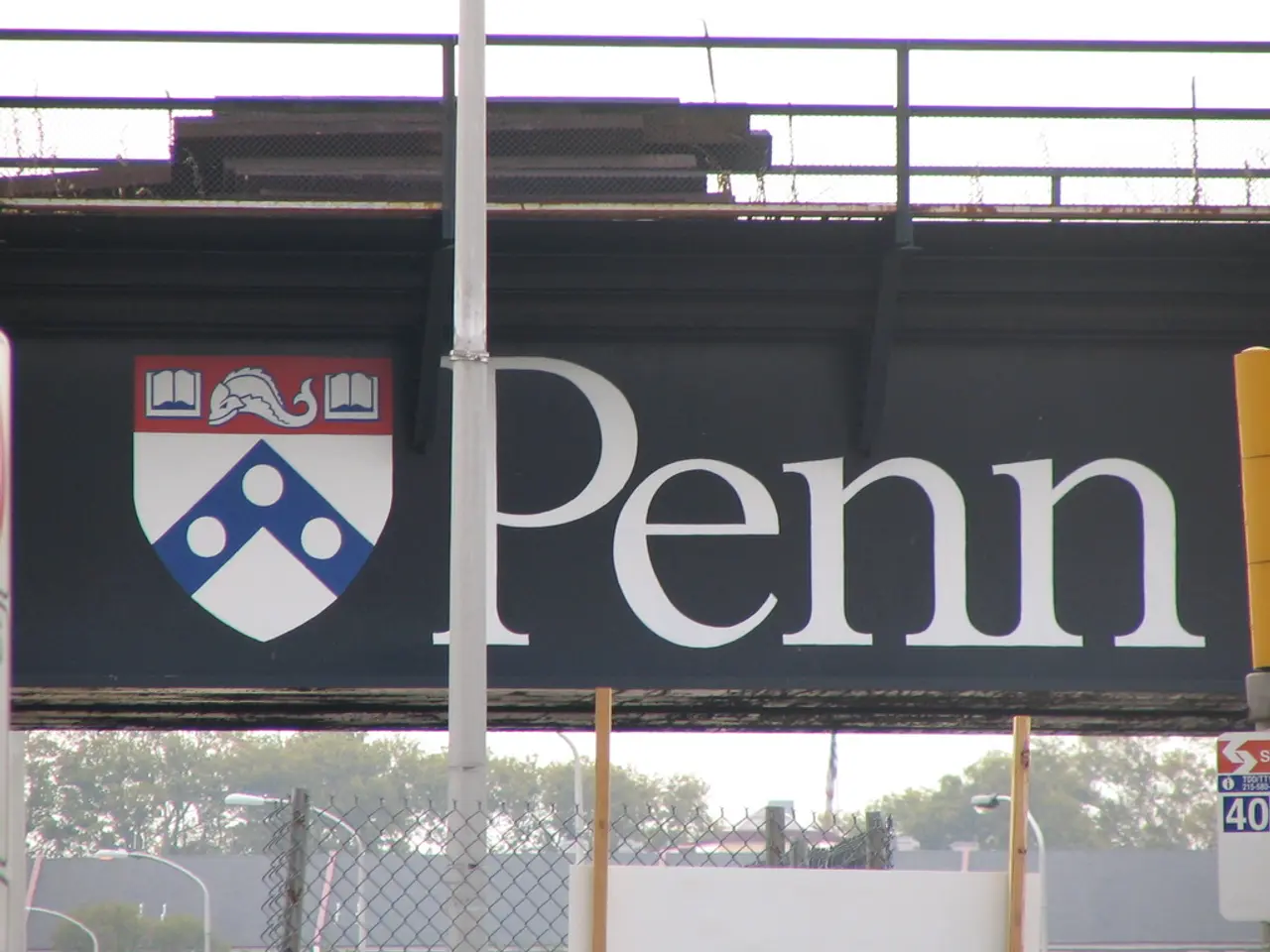Prepare for Severely Intense Weather in the Azores
The Azores, a group of nine volcanic islands in the Atlantic Ocean, have recently been in the spotlight due to the impact of Hurricane Lorenzo. This historic storm, the first Category V hurricane to reach the region so far east and north, caused significant damage estimated at 330 million euros by the Azorean government in 2019. The destruction included the loss of the only commercial port on the island of Flores.
Despite the Azores being somewhat protected from extreme events due to their geographical location, experts warn that global warming is projected to increase both the frequency and intensity of such events. Ricardo Deus, head of the Climate and Climate Change division at the Portuguese Institute of the Sea and Atmosphere (IPMA), emphasized that the Azores serve as a transit zone for major storms that have been becoming more energetic and destructive in recent years. He noted that the Azorean people are better prepared for these phenomena, and that the infrastructure is relatively ready, but warned that with continued global warming, these Atlantic-origin storms could gain additional strength and cause more damage when they reach the Azores.
This assessment was made during the international conference "Weather, Climate, and the Economy" in Praia da Vitória, Azores. Filipe Duarte Santos, the president of the National Council for the Environment and Sustainable Development, also admitted that tropical cyclones could move further north and hit the Azores. He argued that "what's needed is better warning systems" so that "people know when a storm is approaching and can take action."
The consequences of climate change and extreme weather phenomena are becoming more frequent and severe globally and regionally, affecting not just safety but also the economy. Adaptation policies are being discussed within the framework of international agreements like the Paris Agreement as part of addressing this new reality.
Ricardo Deus emphasized that the Azores are the region in Portugal "best prepared" to face hurricanes and other extreme weather events. However, he also acknowledged that the intensity of such events is increasing due to climate change. The Azores, while currently somewhat protected due to their geographical location, could face even greater destructive potential when extreme events reach island territories such as the Azores.
In summary, scientific and meteorological observations indicate a clear trend for stronger and more destructive storm events impacting the Azores as a consequence of global warming. Experts warn that improved preparation and resilient infrastructure will be necessary to face this emerging climate threat.
- Ricardo Deus, an expert on climate change, stated that the Azores, being a transit zone for more energetic and destructive storms, might experience increased severity of these Atlantic-origin storms due to continued global warming.
- During the "Weather, Climate, and the Economy" conference, Filipe Duarte Santos argued that as a result of climate change, tropical cyclones could potentially move further north and reach the Azores, necessitating improved warning systems for better preparedness and potential mitigation.
- As the Azores is already "best prepared" to face hurricanes among regions in Portugal, according to Ricardo Deus, strategies for adaptation to deal with the increasing intensity of extreme events due to climate change will be crucial in ensuring resilience and minimizing damage to both the environment and the economy in the face of this emerging climate threat.







